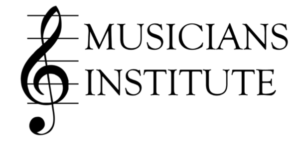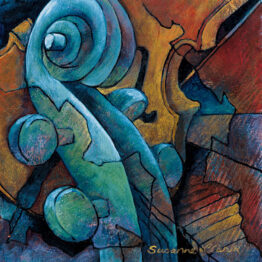
Places to Go, People to See
Or
How to Get Your People to Come to Rehearsal – MUSICIANS INSTITUTE
The case (As if you didn’t already know)
Think back over the last week, then the last month. How crowded was your day, your week? How busy were you? The members of our groups – our people – are just as busy – if not more so. With family, work, school, sports, and vacations, it is easy to find reasons not to come to rehearsal. Strong musicians may feel even less need to come – they believe they can handle the music just fine. What can we do to get people in the chairs? We can work to make it enjoyable and fulfilling to be there.
These will work!
Pray for your people individually by name, and pray for the ministry. Seek God to provide players and resources, to empower the ministry, and use you for His purposes and His glory.
Teach and encourage
The people need to know that God called them to be there. If He called, we must respond by being there unless He overrules our schedule – like in case of illness, or if they have to work.
They also need to understand the body of Christ. When any of us are missing, part of God’s family unit are not fulfilling their role in the fellowship. From a musical standpoint, when the wrong parts are absent, the musical result can be greatly compromised. They need to know that every player is needed.
Encourage strong players to be there, and encourage the players around them. Sitting next to a strong player/singer helps pull the best from you.
Remind them to communicate with you in advance when they cannot be at rehearsal or service. You can then secure a replacement if needed.
Be organized. Be as diligent and thorough as your players need to be on their day jobs.
Have a plan for rehearsal. Plan through what needs to be done and how is best to do it. Study the music in advance. Never sightread a score in rehearsal. Know where the musical problems are and have ideas to solve them as efficiently and effectively as possible. Prepare rehearsal notes which include the rehearsal order, announcements, member birthdays, etc.
When It All Begins
More detail about rehearsal plan and procedures can be found in my blog posts:
Musicians Institute – EFFECTIVE AND EFFICIENT INSTRUMENTAL REHEARSALS. Parts 1 and 2
Start on time, end on time. When people know they can trust you with their time, they are much more likely to give it. If rehearsal frequently runs past the stated ending time, we are showing that we do not honor their schedule and life outside of rehearsal. People will simply stop coming.
In rehearsal, work efficiently and effectively. Fix things that need fixing, but do not stop too frequently or work with individuals or sections for too long a period of time. Players want to play – it’s fun! Carefully balance that with the need to solve musical issues.
Give directions once in rehearsal. This trains players to listen and engage in the rehearsal process. It may seem a picky point, but this is essential to keep the rehearsal pace moving well.
Players are much more likely to come when they know their time will be well used. Players are giving their time to God, not us. We are merely stewards. If we waste time, we waste their time and are accountable to a God for it. We also give them reasons not to come next time.
Follow up also matters. Communicate with people who were not there. Send a copy of the rehearsal notes in an email. Let them know they were missed.
Not the First, But Not the Last
Among the reasons for people to be rehearsal, one of them is they need to enjoy their time there. As we work, we need to be as pleasant as possible. Many of us grew up in musical groups. We were taught to sit in our seats, play or sing our parts, and keep our mouths shut. Compliments about from a group’s director are far too rare. Make yourself stop and talk about what is going well. Be thorough and be pleasant while you do it. Give corrections kindly and respectfully. Use humor as appropriate to your personality and the situation. Work diligently to not embarrass anyone there.
Three More Suggestions
Be in the room 30 minutes before rehearsal begins. Greet people by name as they come in. A handshake and a friendly welcome can help people be glad they came.
Have occasional small socials. End rehearsal a few minutes early. Have some people bring some munchies or ice cream or some watermelons, stand around and eat and fellowship. It does wonders for group morale…no matter how good it already is.
Keep some fun music in the folder. I always have things in the folder that are good music and fun to play. Much of the music we play in services are not written with consideration for how playable the parts are. Working on concert type pieces help keep detail reading and playing chops sharp.
True That
There are many reasons our people can find not to come to rehearsal. We can give them many better reasons to be there. The group will sound better, you will get more done, and everyone will enjoy rehearsal more.

